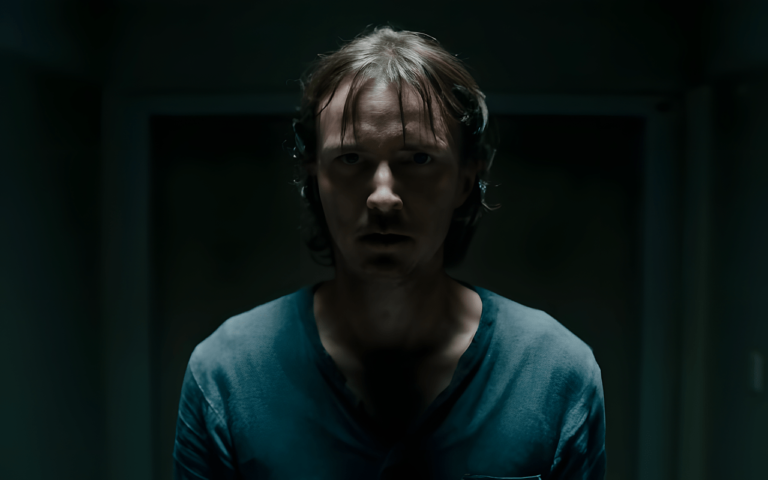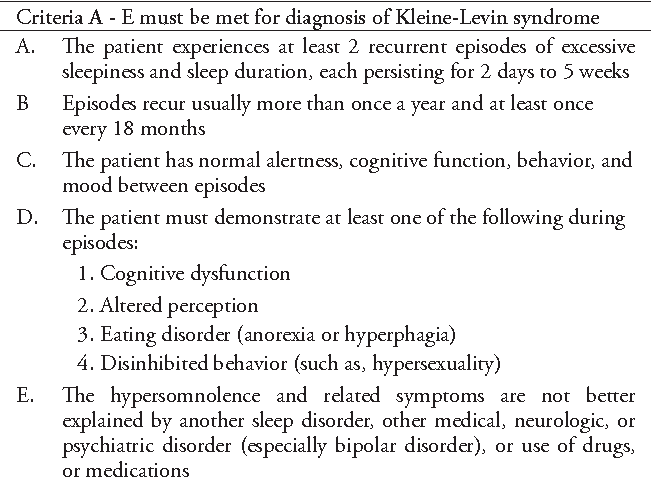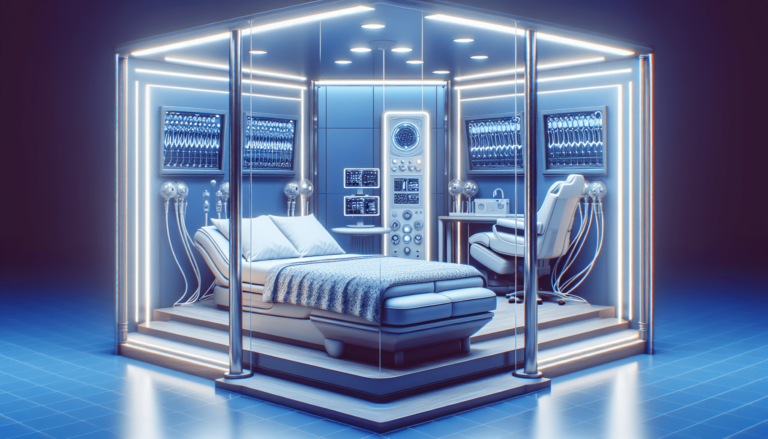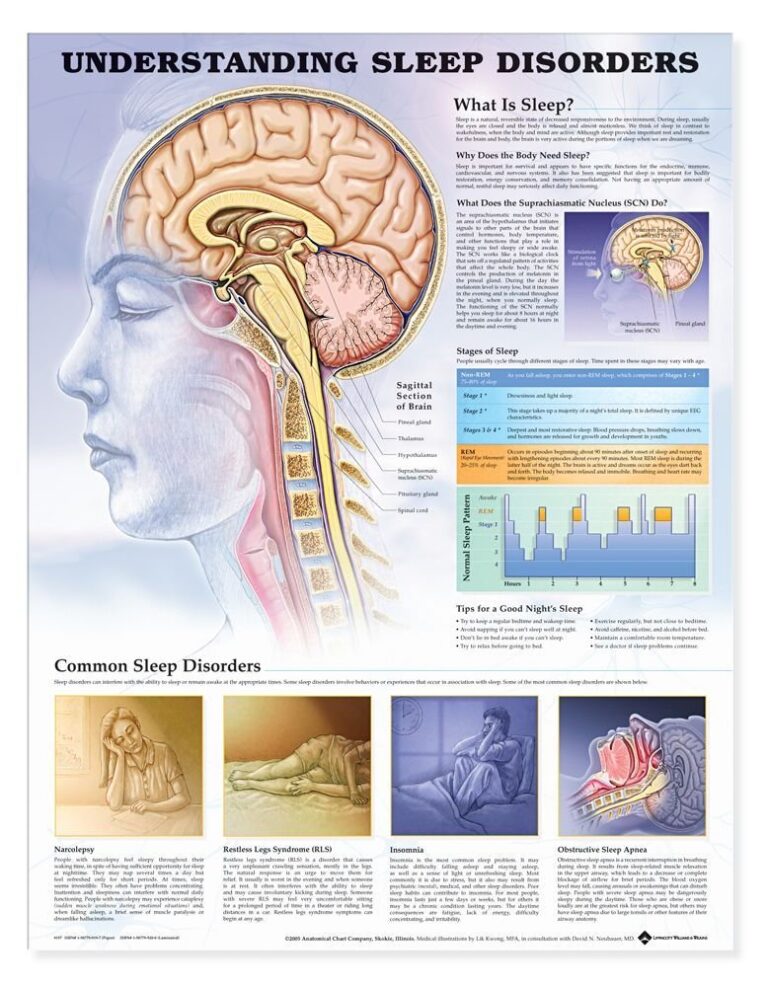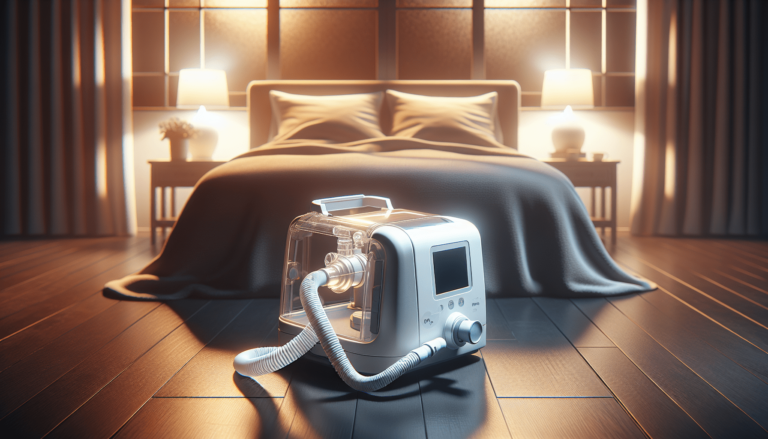What Are The Effects Of Shift Work On Sleep Patterns In Adults?
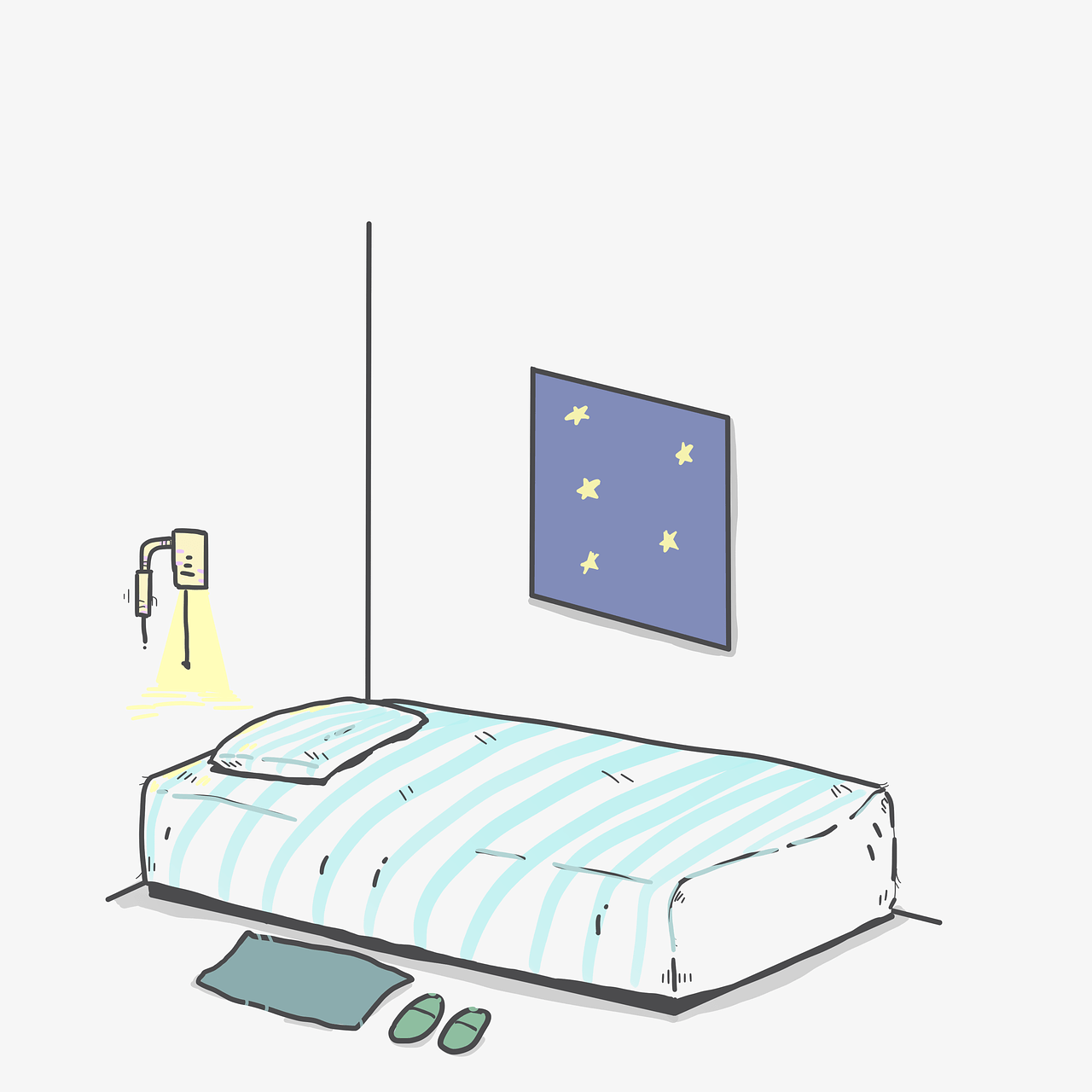
Have you ever found yourself struggling to keep up with varying work shifts and the toll it takes on your sleep? If so, you’re not alone. Many adults find shift work influences not just their professional lives but also their sleep patterns heavily. Let’s delve into this topic understand how shift work affects your sleep, and explore an avenue where you can seek help if needed.
What Are the Effects of Shift Work on Sleep Patterns in Adults?
Understanding Shift Work
Shift work is any work schedule that falls outside the traditional 9 am to 5 pm work hours. This includes evening shifts, night shifts, early morning shifts, and rotating shifts. Approximately 15 million Americans do shift work, spanning industries like healthcare, security, transportation, and manufacturing. While shift work is essential for the economy, it can disrupt your sleep-wake cycle, known as the circadian rhythm.
The Circadian Rhythm and Its Importance
The circadian rhythm is your body’s internal clock that operates on a roughly 24-hour cycle, responding primarily to light and dark cues. It regulates several bodily functions, including the sleep-wake cycle, hormone release, eating habits, and body temperature. When this rhythm is disrupted by shift work, you may experience several adverse effects.
Common Sleep Disorders Among Shift Workers
Shift Work Sleep Disorder (SWSD)
One of the most significant effects of shift work is Shift Work Sleep Disorder (SWSD). This condition is characterized by insomnia and excessive sleepiness associated with working non-traditional hours. Symptoms often include difficulty falling asleep, staying asleep, and waking up refreshed. The imbalance in your circadian rhythm can lead to chronic sleep deprivation and fatigue.
Insomnia
You might find it challenging to fall asleep or stay asleep if you work irregular hours. Insomnia is a common issue among shift workers, leading to reduced sleep quality and duration. This can deteriorate your overall well-being, cognitive functions, and job performance.
Excessive Daytime Sleepiness
Working night or rotating shifts can cause excessive daytime sleepiness, making it hard to stay awake and alert during your waking hours. This decreases your productivity at work and increases the risk of accidents and errors.
Physical Health Impacts
The disruption to your sleep patterns due to shift work is not just a minor inconvenience; it can have long-lasting effects on your physical health.
Cardiovascular Problems
Studies show that shift workers are at a higher risk of developing cardiovascular diseases. The irregular sleep patterns and lack of restorative sleep can lead to high blood pressure, heart disease, and stroke.
Gastrointestinal Issues
Shift work can also disrupt your eating patterns, leading to gastrointestinal problems such as acid reflux, indigestion, and irritable bowel syndrome. Irregular meal times and poor dietary choices often contribute to these issues.
Immunity and Metabolic Disorders
Chronic sleep deprivation weakens your immune system, making you more susceptible to infections. Additionally, the disruption of your circadian rhythm can lead to metabolic disorders like obesity, diabetes, and metabolic syndrome.
Mental Health Impacts
Your mental health can suffer significantly due to the constant battle against your internal clock.
Stress and Anxiety
Constantly adapting to changing work hours can lead to increased stress and anxiety. The feeling of being perpetually exhausted can make everyday tasks seem overwhelming.
Depression
Research indicates a strong correlation between shift work and depression. The lack of quality sleep, coupled with the isolation from friends and family due to odd working hours, can contribute to depressive symptoms.
Impact on Social Life and Relationships
Shift work often forces you to sacrifice social activities, leading to feelings of isolation and strained relationships. Missing family gatherings, social events, and quality time with loved ones can take a toll on your emotional well-being.
Coping Strategies for Shift Workers
While the effects of shift work on sleep patterns are significant, there are several strategies you can employ to minimize these impacts.
Maintain a Consistent Sleep Schedule
Try to keep a consistent sleep schedule even on your days off. This helps to stabilize your circadian rhythm, making it easier to fall asleep and stay asleep.
Create an Optimal Sleep Environment
Ensure your sleeping environment is conducive to rest. Use blackout curtains to block out daylight, keep the room cool, and eliminate noise as much as possible.
Strategic Napping
Short naps can help you combat sleepiness and improve alertness. Aim for 20-30 minute naps if you’re struggling to stay awake during your shift.
Healthy Lifestyle Choices
Maintain a balanced diet, stay hydrated, and engage in regular physical activities. Avoid caffeine and heavy meals close to bedtime, as these can interfere with your ability to fall asleep.
Professional Help and Resources
If you’re still struggling with sleep despite these strategies, seeking professional help can be a game-changer. This is where Vector Sleep Diagnostic Center comes into play.
Vector Sleep Diagnostic Center: Where Expertise and Compassion Converge
Led by a Veteran Sleep Medicine Specialist
At Vector Sleep Diagnostic Center, you’ll find a dedicated team led by the esteemed Dr. Dmitriy Kolesnik, who brings over two decades of medical experience. Dr. Kolesnik is board-certified by the American Board of Sleep Medicine, Psychiatry, and Neurology, making him highly qualified to address your sleep-related concerns.
Academic and Clinical Excellence
Dr. Kolesnik’s role as a Clinical Instructor in Neurology at Weill Medical College of Cornell University keeps him updated with the latest in sleep research and treatment modalities. This academic involvement ensures that you receive the most current and effective care.
Comprehensive Care
Dr. Kolesnik has been the Medical Director at Vector Sleep Diagnostic Center since 2009. Under his leadership, the center offers a wide range of services, from diagnosing sleep disorders to providing personalized treatments.
Our Mission and Vision
Vector Sleep Diagnostic Center aims to be a definitive resource for sleep health. Our mission is centered on ethical patient care and clinical innovation, ensuring that you receive unmatched support and diagnostic excellence.
Why Choose Vector for Consultation and Education?
When you opt for consultation and education services at Vector, you are entrusting your sleep health to experts. Our board-certified sleep specialists are equipped with the latest knowledge and technologies to help you understand and manage your sleep disorders effectively.
Services at Vector Sleep Diagnostic Center
Sleep Consultation: Your First Step Toward Better Sleep
Your initial sleep consultation at Vector is comprehensive, lasting about an hour. This evaluation includes a detailed discussion about your sleep history, lifestyle, and symptoms. Preliminary tests or questionnaires may be used to better understand your sleep patterns.
Comprehensive Sleep Apnea Care
Vector Sleep Diagnostic Center specializes in diagnosing and treating sleep apnea. Services include CPAP Titration and Durable Medical Equipment (DME) Setup, ensuring you receive the most effective treatment tailored to your needs.
Specialized Evaluations
Our specialized evaluations are meticulously designed to address unique sleep challenges. This personalized approach ensures you receive the most targeted and effective treatment plans.
Insomnia Solutions
Insomnia can severely impact your quality of life. Our specialized evaluations and treatments at Vector Sleep Diagnostic Center aim to address the root causes of insomnia, helping you reclaim restful nights.
Follow-Up and Continuous Care
We believe in a lifelong partnership for sleep wellness. Our follow-up and continuous care program ensures that your treatment remains effective and evolves with your changing needs.
Sleep Education: Empowering You for Lifelong Sleep Health
Knowledge is power. Our sleep education program includes resources like interactive workshops, educational brochures, online modules, and one-on-one counseling sessions with sleep specialists.
Sleep Studies
At Vector, we offer a variety of sleep studies to fit your needs, including overnight polysomnography, home sleep apnea tests, multiple sleep latency tests, and maintenance of wakefulness tests.
Table: Types of Sleep Studies Offered
| Type of Sleep Study | Purpose |
|---|---|
| Overnight Polysomnography | Comprehensive assessment of sleep disorders |
| Home Sleep Apnea Test | Convenient option to diagnose sleep apnea at home |
| Multiple Sleep Latency Test | Evaluates excessive daytime sleepiness |
| Maintenance of Wakefulness Test | Assesses ability to stay awake during the day |
| Specialized Pediatric Sleep Studies | Tailored for diagnosing sleep issues in children |
Contact Us at Vector Sleep Diagnostic Center
To schedule your initial consultation or to learn more about how we can help you, get in touch with us:
Address: 26, 62-60 99th St, Rego Park, NY 11374
Phone: (718) 830-2800
Email: vectorsleep@gmail.com
By addressing the effects of shift work on sleep patterns and providing comprehensive care, Vector Sleep Diagnostic Center stands ready to help you achieve better sleep and improved quality of life. Whether you are grappling with SWSD, insomnia, or any other sleep disorder, our expert team is here to guide you every step of the way.
When it comes to your sleep health, don’t settle for less. Choose Vector Sleep Diagnostic Center for unparalleled expertise and compassionate care. Reach out to us today and take the first step towards better sleep and a healthier life.



